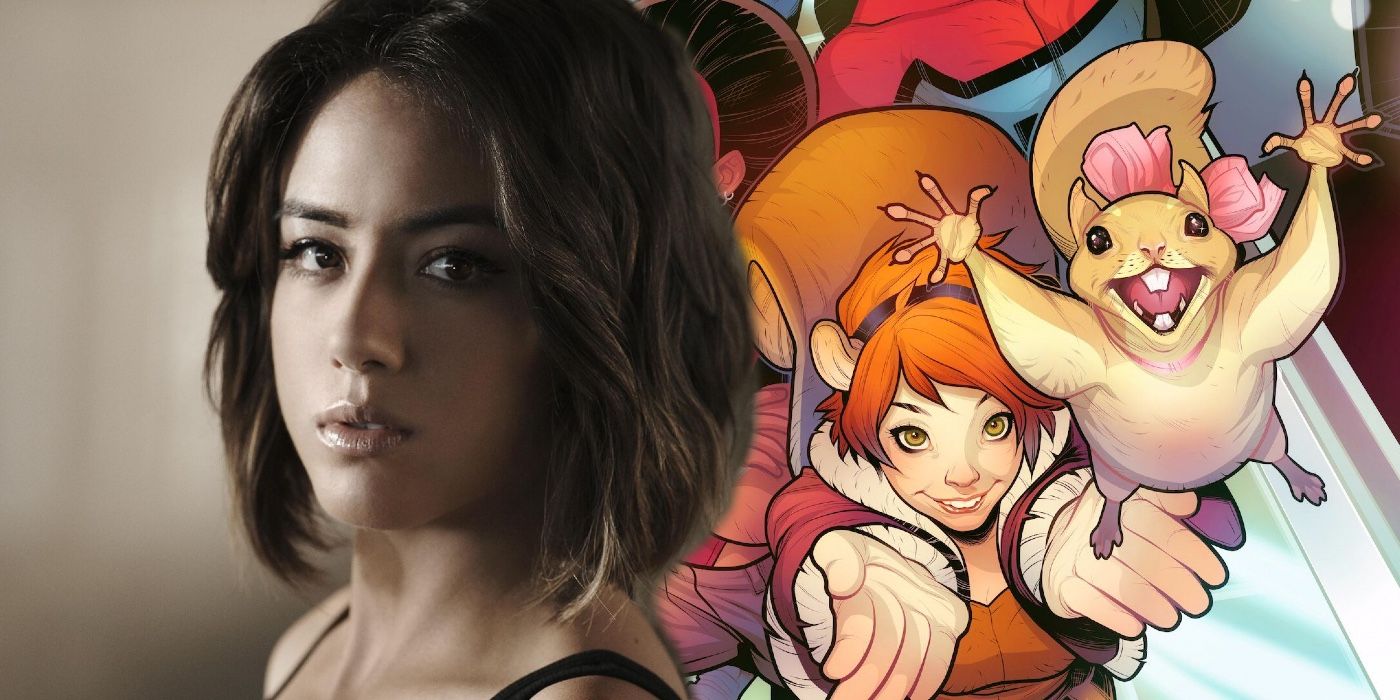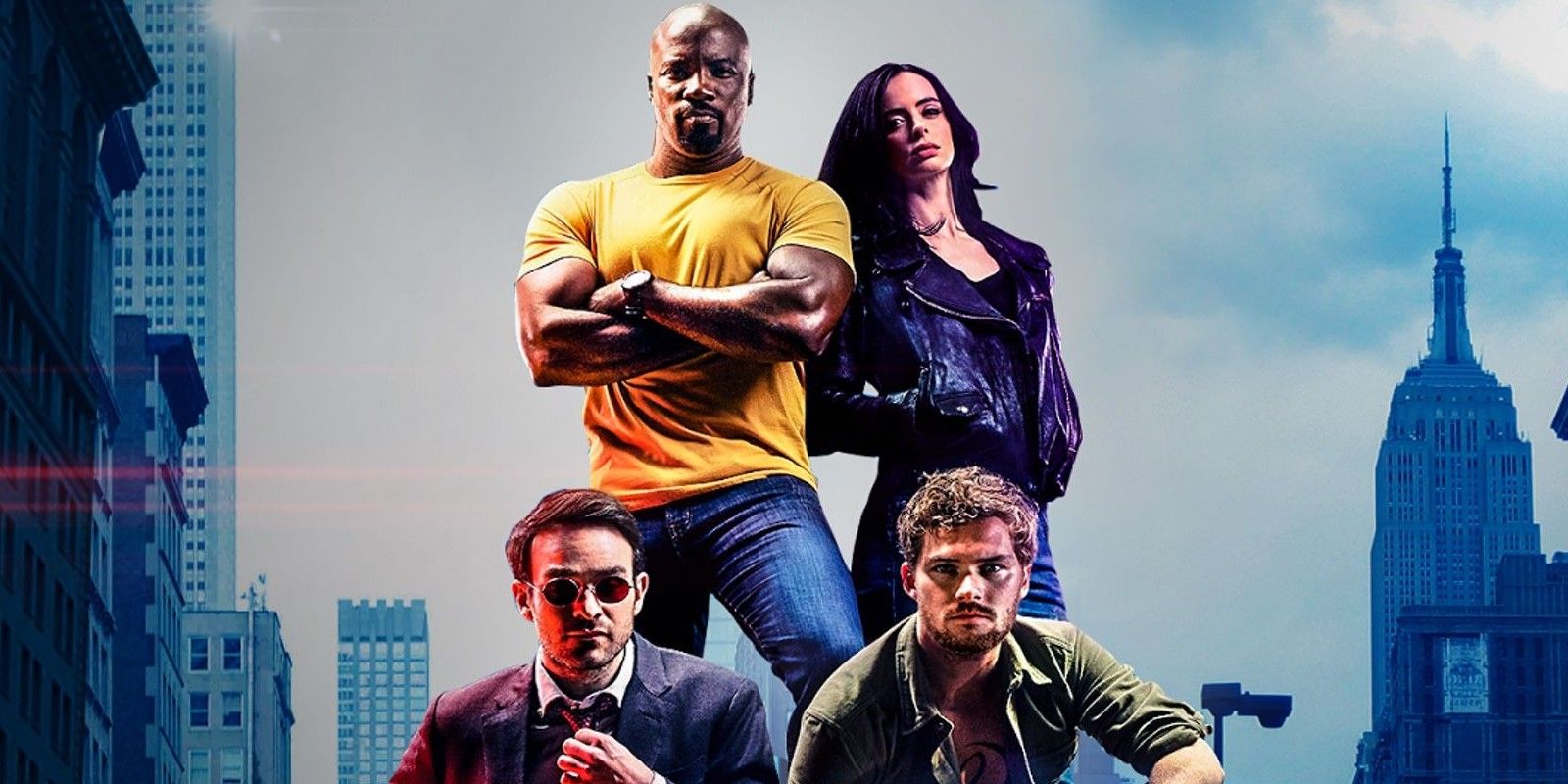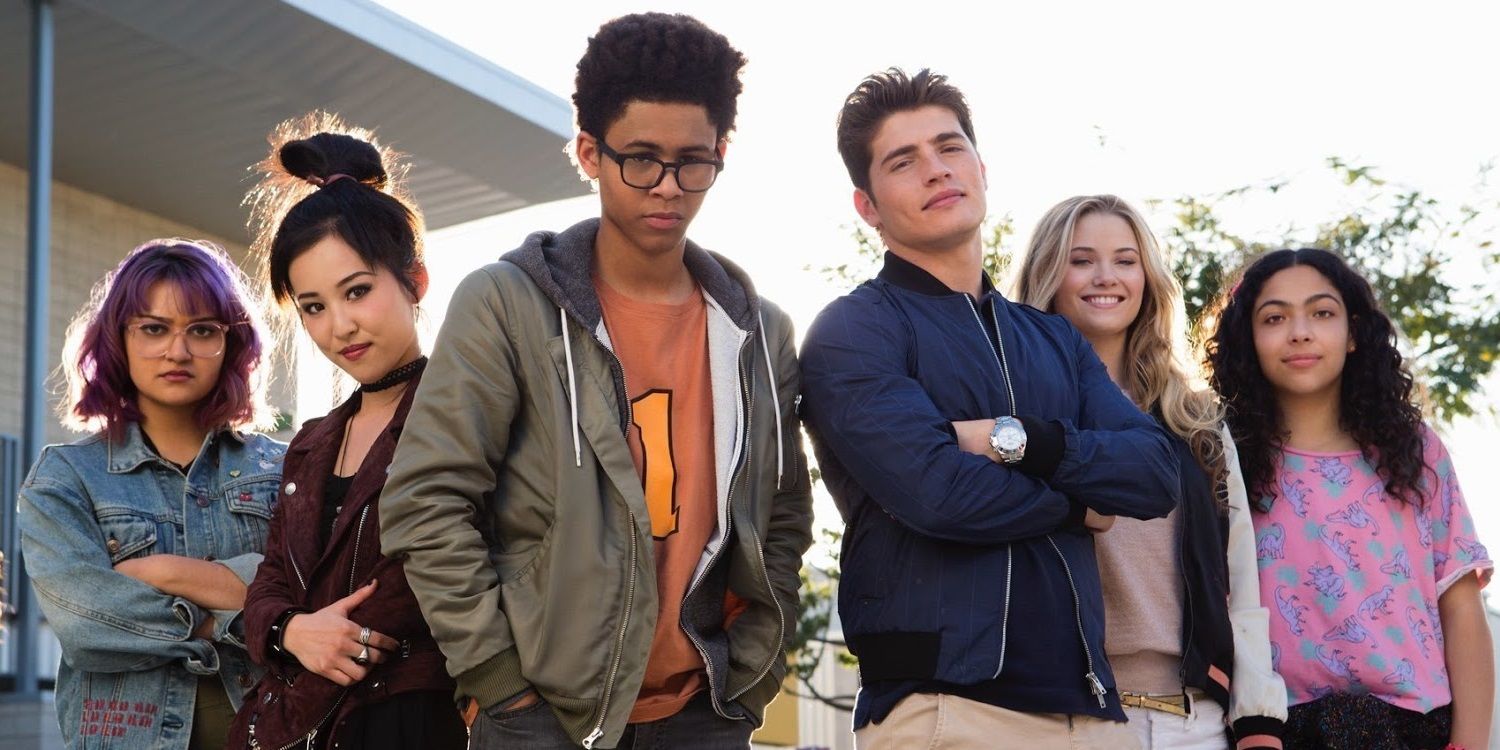For as long as the Marvel Cinematic Universe's "It's All Connected" tagline has existed, it didn't really become true until after Marvel folded its TV division into Marvel Studios in 2019. Kevin Biegel provided a reminder of those before-times by revealing behind-the-scenes material for his never-aired New Warriors pilot in a series of since-deleted Tweets, including photos of Milana Vayntrub in costume as Doreen Green/Squirrel Girl. But more than that, it showed what the MCU lost when Marvel's live-action television production company dissolved.
Setting aside the rose-tinted glasses, it's worth acknowledging that Marvel Television's series varied wildly in quality. The company was responsible for producing what are all universally regarded as pretty bad shows like Inhumans and, to a lesser degree, Helstrom, as well as the widely panned Iron Fist Season 1. At the same time, the earlier seasons of Marvel Television's other Netflix series (Daredevil, Jessica Jones, Luke Cage, The Punisher) all received critical acclaim, as did the division's Agent Carter and the bulk of Agents of S.H.I.E.L.D., particularly after the show gave up on trying to tie-in to the events in the MCU's movies.
As evidenced by the listed series, Marvel Television's projects would take risks the MCU has so far avoided on the big screen, like incorporating violence and sex scenes that might be too much for a PG-13 rating or dealing with topics like sexual assault. And though this was mostly restricted to the company's Netflix shows, which were grittier by design, even Agents of S.H.I.E.L.D. was franker about its characters' sex lives and physical desires than most of the MCU's movies. Luke Cage and Agent Carter were similarly ahead of the curve (and more daring) when it came to examining Black masculinity and sexism before the MCU's films and Disney+ series touched on those matters.
Marvel Television's shows also spanned a range of styles, from the psychedelic visuals of Legion to the more grounded aesthetic of The Gifted. They didn't have to appeal to multiple demographics, either. For example, Freeform's Cloak & Dagger specifically targeted a young adult and older teenage audience, much in the same way Marvel's Netflix titles catered to older viewers. Elsewhere, Hulu's Runaways remains one of the more progressive live-action Marvel series when it comes to LGBTQ+ representation, and it sounds like New Warriors aspired to be equally queer-friendly, with Biegel saying in his Twitter posts that an unnamed executive "killed" the show's pilot for being "too gay."
Perhaps the biggest problem with Marvel Television was its longtime Executive Vice President Jeph Loeb, a creative who was rightly criticized for promoting East Asian stereotypes with a number of Marvel's Netflix series, even before Daredevil actor Peter Shinkoda alleged that Loeb made anti-Asian comments during the show's development. Interestingly, Loeb had reportedly planned to depart the company prior to Marvel's restructuring, which would've opened the door for his successor to come in and push the TV side of the MCU in a more inclusive direction, much like Marvel Studios is doing now. This, in turn, might've even paved the way to a revived version of New Warriors and/or heeded fans' calls for a Daughters of the Dragon series.
At the end of the day, Marvel Television's shows had a certain amount of artistic freedom the MCU's films didn't; some were geared more directly to adults while others went further in mixing things up stylistically. That's not so much the case with the MCU's Disney+ series, which have to abide by the streaming service's limitations on mature content and tend not to drift too far from the in-house style of Marvel Studios' movies. For all their flaws and missteps, Marvel Television's shows felt less constricted in comparison. If anything, Biegel's insights into New Warriors are a reminder the MCU could use some more of that.



